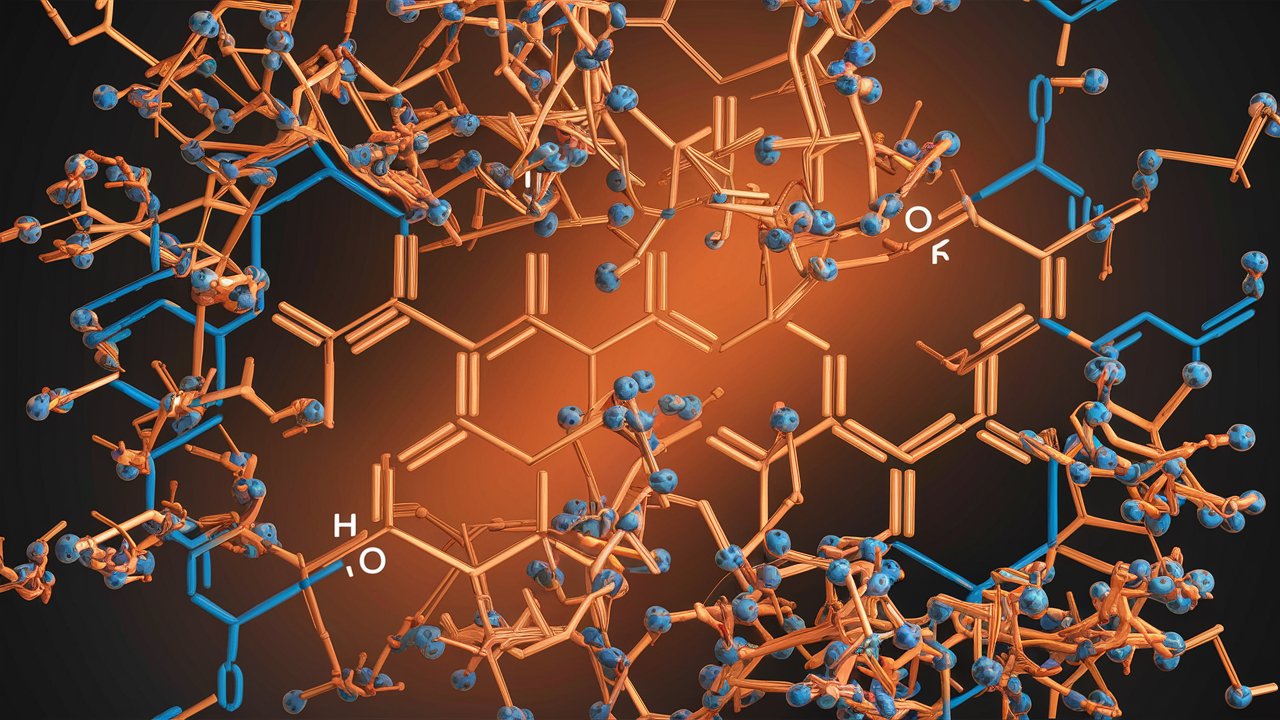
Angioneurotic edema hereditary due to C1 esterase deficiency is a rare genetic disorder causing recurrent episodes of severe swelling. This condition, also known as hereditary angioedema (HAE), affects various body parts, including the hands, feet, face, and airway. Swelling can be painful and potentially life-threatening if it obstructs breathing. Unlike common allergic reactions, HAE doesn't respond to typical allergy medications. The root cause lies in a deficiency or dysfunction of the C1 esterase inhibitor protein, which helps regulate inflammation. Symptoms often appear in childhood but can worsen during puberty or stress. Understanding HAE is crucial for managing and treating this unpredictable condition. Here are 20 essential facts about this rare disorder to help you grasp its impact and the importance of proper diagnosis and treatment.
What is Angioneurotic Edema Hereditary Due to C1 Esterase Deficiency?
Angioneurotic edema, also known as hereditary angioedema (HAE), is a rare genetic disorder. It results from a deficiency of C1 esterase inhibitor (C1-INH). This condition can cause severe swelling in various parts of the body.
-
Hereditary angioedema (HAE) affects approximately 1 in 50,000 people worldwide. This makes it a rare condition, but it can have significant impacts on those who have it.
-
HAE is usually inherited in an autosomal dominant pattern. This means that if one parent has the disorder, there is a 50% chance of passing it on to their children.
-
C1 esterase inhibitor (C1-INH) is a protein that helps regulate inflammation. When deficient, it leads to uncontrolled swelling episodes.
Symptoms of Hereditary Angioedema
Recognizing the symptoms of HAE is crucial for timely treatment. The symptoms can vary widely among individuals.
-
Swelling can occur in the hands, feet, face, and airway. This swelling can be painful and sometimes life-threatening if it affects the throat.
-
Abdominal pain is a common symptom. It results from swelling in the intestinal walls, often leading to nausea and vomiting.
-
HAE does not cause itching or hives. This differentiates it from other types of angioedema, which are often allergic reactions.
Triggers of HAE Attacks
Understanding what can trigger an HAE attack helps in managing the condition better.
-
Physical trauma can trigger an attack. Even minor injuries or medical procedures can lead to swelling episodes.
-
Emotional stress is another common trigger. Stressful situations can precipitate an attack in many individuals with HAE.
-
Hormonal changes, such as those during menstruation or pregnancy, can trigger attacks. Women with HAE often experience more frequent episodes during these times.
Diagnosis of Hereditary Angioedema
Accurate diagnosis is essential for effective management and treatment of HAE.
-
Diagnosis often involves measuring C1-INH levels and function. Low levels or poor function of this protein confirm the diagnosis.
-
Genetic testing can identify mutations in the SERPING1 gene. This gene is responsible for producing C1-INH, and mutations can lead to HAE.
-
Family history is a significant factor in diagnosis. Given the hereditary nature of the disorder, a family history of similar symptoms can be a strong indicator.
Treatment Options for HAE
While there is no cure for HAE, various treatments can help manage symptoms and prevent attacks.
-
C1-INH replacement therapy is a common treatment. This involves infusions of C1-INH to prevent or treat swelling episodes.
-
Bradykinin receptor antagonists can help manage symptoms. These medications block the effects of bradykinin, a protein involved in swelling.
-
Prophylactic treatments can prevent attacks. Regular use of certain medications can reduce the frequency and severity of episodes.
Living with Hereditary Angioedema
Managing HAE involves more than just medical treatment. Lifestyle adjustments can also play a significant role.
-
Avoiding known triggers is crucial. Identifying and steering clear of triggers can help reduce the frequency of attacks.
-
Stress management techniques can be beneficial. Practices such as yoga, meditation, and deep breathing can help manage stress levels.
-
Regular medical check-ups are important. Ongoing monitoring by healthcare professionals ensures that treatment plans remain effective.
-
Education and awareness are key. Understanding the condition and educating family, friends, and coworkers can help create a supportive environment.
-
Support groups can provide emotional and practical support. Connecting with others who have HAE can offer valuable insights and encouragement.
Understanding Angioneurotic Edema Hereditary Due To C1 Esterase Deficiency
Angioneurotic edema hereditary due to C1 esterase deficiency, also known as hereditary angioedema (HAE), is a rare but serious condition. It causes sudden swelling in various parts of the body, including the face, hands, and airways. This swelling can be life-threatening if it affects the throat, leading to breathing difficulties. HAE is caused by a genetic mutation that results in low levels or malfunctioning of C1 esterase inhibitor, a protein that helps regulate inflammation.
Symptoms often start in childhood and can be triggered by stress, trauma, or infections. Treatment focuses on managing symptoms and preventing attacks. Medications like C1 esterase inhibitor concentrates, androgens, and antifibrinolytics can help. Early diagnosis and proper management are crucial for improving quality of life. Understanding this condition better can lead to more effective treatments and support for those affected.
Was this page helpful?
Our commitment to delivering trustworthy and engaging content is at the heart of what we do. Each fact on our site is contributed by real users like you, bringing a wealth of diverse insights and information. To ensure the highest standards of accuracy and reliability, our dedicated editors meticulously review each submission. This process guarantees that the facts we share are not only fascinating but also credible. Trust in our commitment to quality and authenticity as you explore and learn with us.


